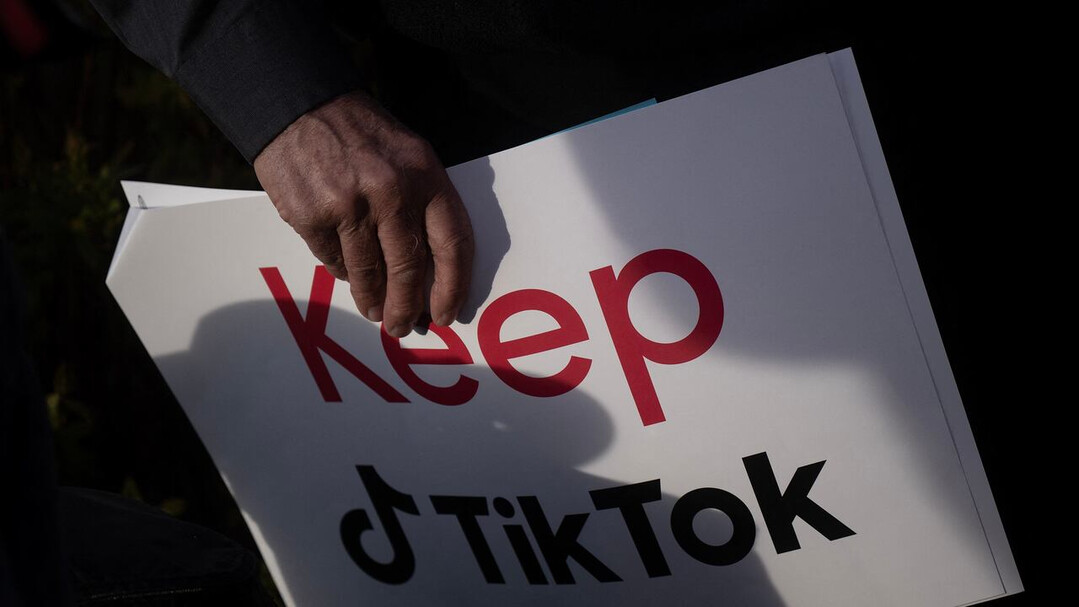
TIRANA, ALBANIA – Prime Minister Edi Rama announced on Saturday that Albania will block access to TikTok for at least one year, starting in early 2025. This decision comes in response to growing concerns about the app's negative impact on young people, particularly after a tragic incident involving a 14-year-old student.
"Neighborhood Bully"
Prime Minister Rama described TikTok as a "neighborhood bully" spreading "crap and trash." He contrasted the content shown in China, which focuses on educational and traditional values, with the "rubbish" prevalent in the app's global version. This move follows a national debate among parents, psychologists, and educators about social media's influence on youth.
Tragic Incident Sparks Action
The decision was accelerated by the death of a student in Tirana, linked to a social media dispute. This incident highlighted the dangers of online interactions and challenges, prompting the government to take decisive action.
Government Initiatives
Alongside the ban, the Albanian government will launch educational programs for students and resources for parents to monitor their children's studies. This initiative aims to provide a safer and more constructive online environment.
Global Concerns
Albania's decision reflects a broader international concern about TikTok's content. Neighboring countries like Kosovo, North Macedonia, and Serbia have also reported incidents of self-harm and dangerous challenges among young users.
TikTok's Troubled History
TikTok faces scrutiny worldwide:
United States: A law mandates ByteDance to sell TikTok due to data security concerns.
Australia: Minors under 16 are banned from social media.
Europe: Investigations into foreign interference and harmful content are ongoing.
India: TikTok has been banned since 2020.
The Future of TikTok in Albania
Albania's year-long ban signals a strong stance against the perceived harms of TikTok. The government's focus on educational alternatives underscores a commitment to safeguarding young people from potentially harmful online influences.
[Copyright (c) Global Economic Times. All Rights Reserved.]






























